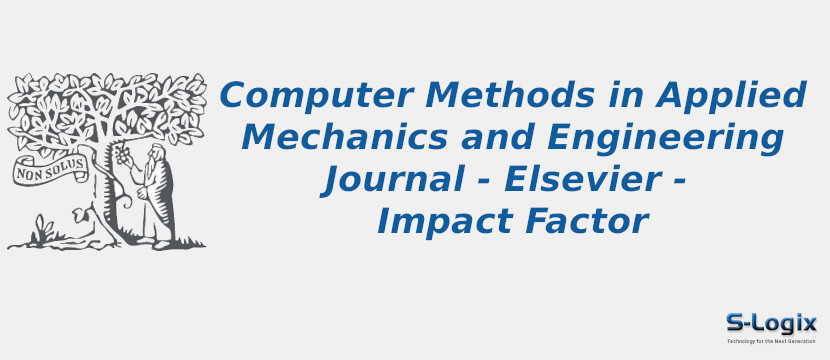Journal Home: Journal Homepage
Editor-in-Chief: Laura De Lorenzis
Print ISSN: 00457825
Electronic ISSN: 03742830
Abstracting and Indexing: Science Citation Index Expanded, Scopus
Imapct Factor 2024: 7.3
Subject Area and Category: Computer Science,Computer Science Applications,Engineering,Computational Mechanics,Mechanical Engineering,Mechanics of Materials,Physics and Astronomy,Physics and Astronomy (miscellaneous)
Publication Frequency:
H Index: 246
Q1: Computational Mechanics
Q2:
Q3:
Q4:
Cite Score: 12.8
SNIP: 2.306
Journal Rank(SJR): 2.412
Guidelines for Authors: Computer Methods in Applied Mechanics and Engineering Author Guidelines
Paper Submissions: Paper Submissions in Computer Methods in Applied Mechanics and Engineering
Publisher: Elsevier
Country: Netherlands
